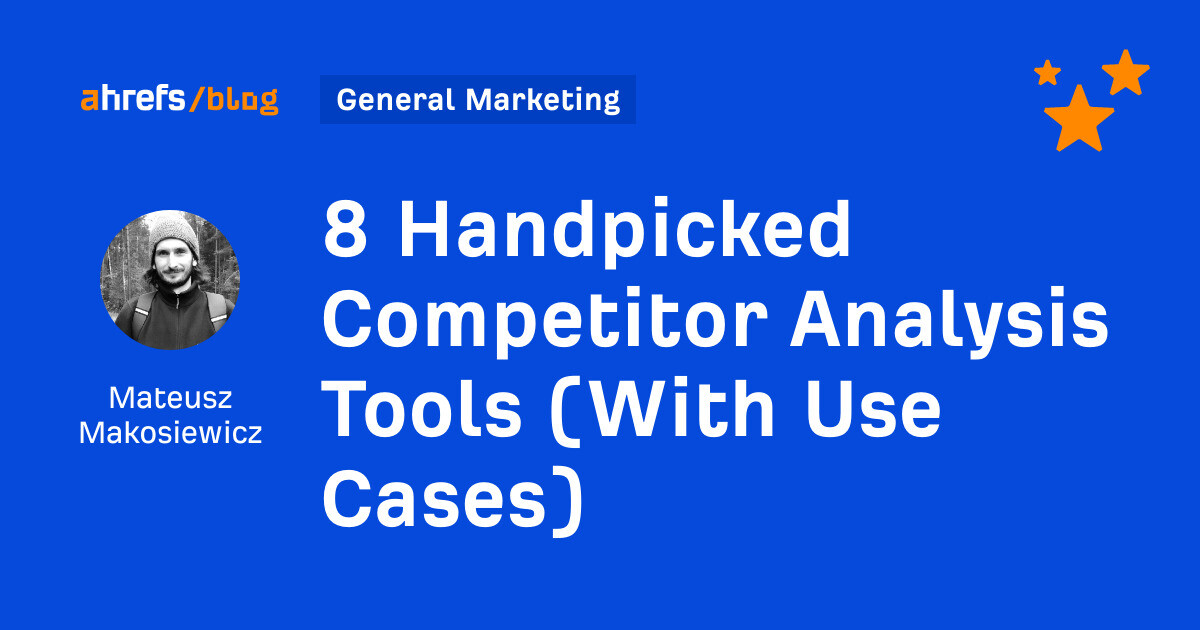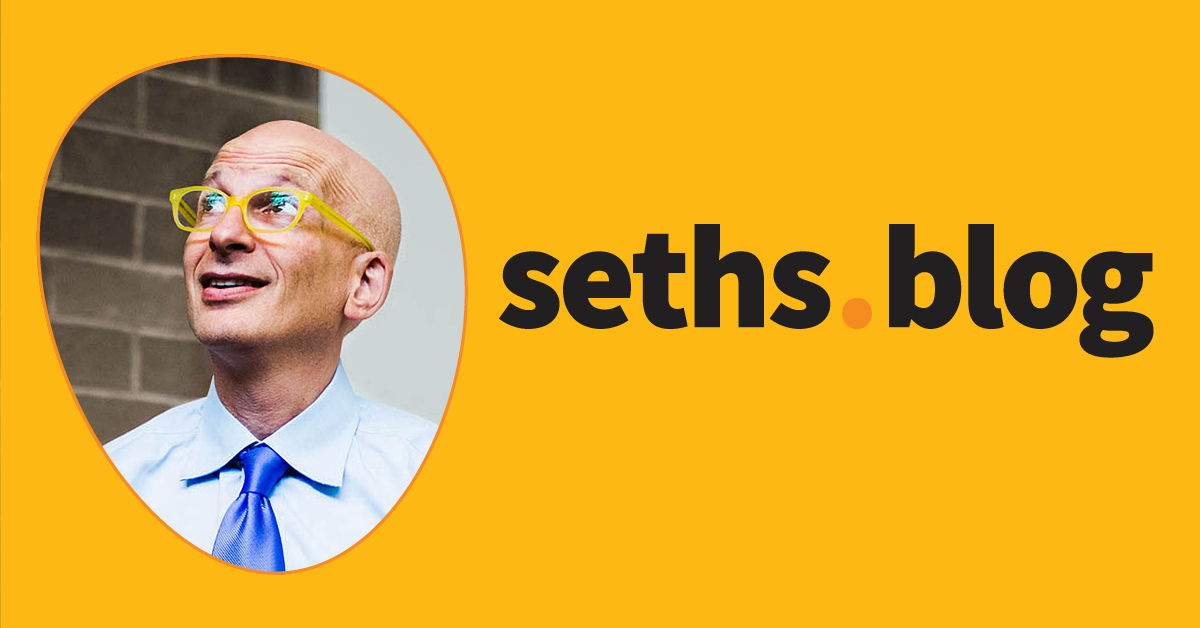How do we know if we’re doing a good job?
In some fields, it’s always been pretty easy to tell. Either the building falls down or it doesn’t. Either the car starts after you charge the battery or it’s still dead. We can ask easy questions about how long it took or how much it cost.
But endeavors with crisp measurements often don’t attract people looking for a different sort of work. At many schools, more folks sign up for humanities than engineering.
Lately, more data is showing up in fields where it was elusive. Not just the efficacy of medical approaches, but the user satisfaction or time spent on creative endeavors or the stickiness and yield of educational approaches.
And closer to home for many, public health. We can actually tell with a great deal of granularity the impact of things like hand washing or placebos.
The irony? When data shows up in a field where we’re not expecting it, a common response is to either ignore or challenge the data. Not because it’s not helpful, but because it is not what we’re used to.



![How to Optimize for Google’s Featured Snippets [Updated for 2024]](https://moz.com/images/blog/Blog-OG-images/How-to-Optimize-for-Googles-Featured-Snippets-OG-Image.png?w=1200&h=630&q=82&auto=format&fit=crop&dm=1724004002&s=13df73104762982790dab6dc8328023f)


